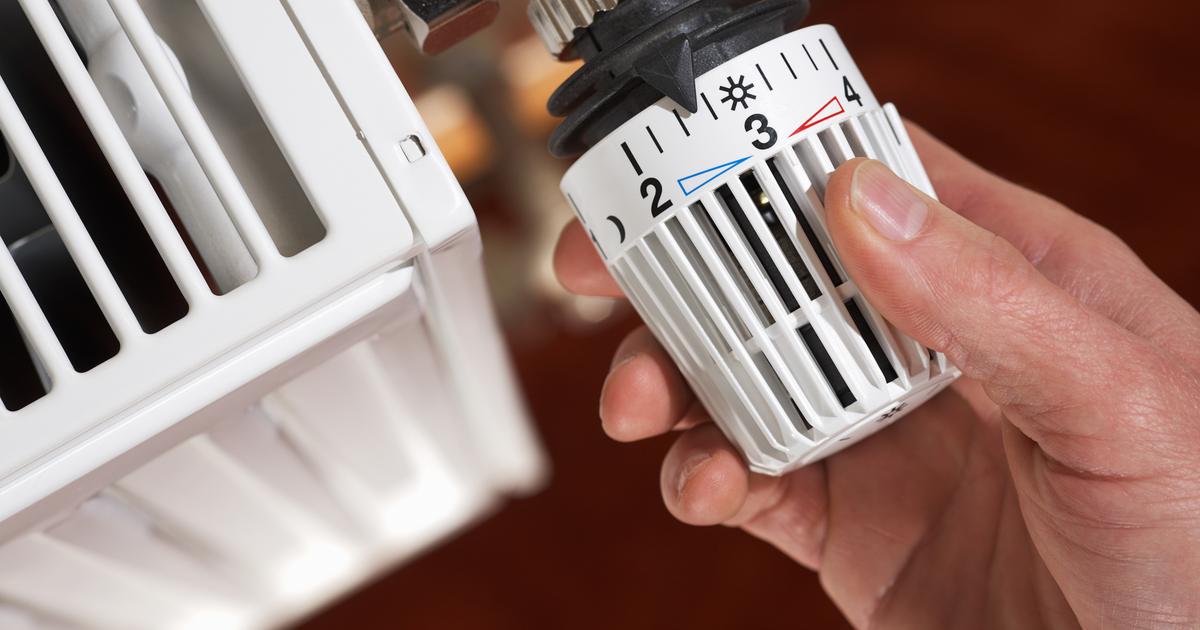The French champions of sobriety? In any case, more than one in two (57%) say they will reduce their electricity consumption this year, according to a survey conducted by the consulting firm Wavestone and unveiled by Le Figaro on Monday. This is just under one in two for gas (45%) and petrol (49%). However, it is difficult to know whether this is a forced or a chosen sobriety.
With electricity prices expected to increase by 10% on February 1st, and household budgets under inflationary pressure for many months, it is tempting to lean towards the first option. Julien Miniconi, a consultant at Wavestone, agrees: "It's more out of budgetary constraints than out of ecological awareness," says the expert. Even if he refuses to generalize. "The French have integrated certain reflexes, such as heating less, which do not necessarily affect their daily comfort." These are gestures of sobriety that the government has been encouraging people to adopt since the outbreak of the war in Ukraine in early 2022, which has endangered European energy supplies. And the effects are there: electricity and gas consumption has fallen by 12% compared to pre-Covid years, Agnès Pannier-Runacher, then still Minister of Energy Transition, told Franceinfo on Monday.
Read alsoThe government plays the card of exiting fossil fuels
Decrease in food expenses
Not surprisingly, the poorest households are more likely to say they want to reduce their energy consumption. On electricity, 66% of low-income households intend to reduce their electricity costs (compared to the national average of 57%). This proportion rises to 57% for gas (compared to 45% on average) and 53% for petrol (compared to 49%).
Beyond energy, the survey conducted by Wavestone shows an overall trend towards a decline in their spending this year, at least as desired by households. "Households will continue to make cuts in their budgets, especially on superfluous items, due to a lack of visibility on what will happen in the coming months," says Julien Miniconi. For example, a third (32%) plan to reduce their food spending, 56% their leisure spending and even 64% their clothing spending.
The reassuring message that the government is trying to convey on inflation - the inflationary crisis "is behind us", said Economy Minister Bruno Le Maire at the end of December on CNews/Europe 1 - does not yet seem to be convincing. Still, all economic bodies predict that consumer prices will continue to slow this year. INSEE, for example, forecasts that it will fall to 2.6% year-on-year in June 2024, compared to 3.7% recorded in December.

